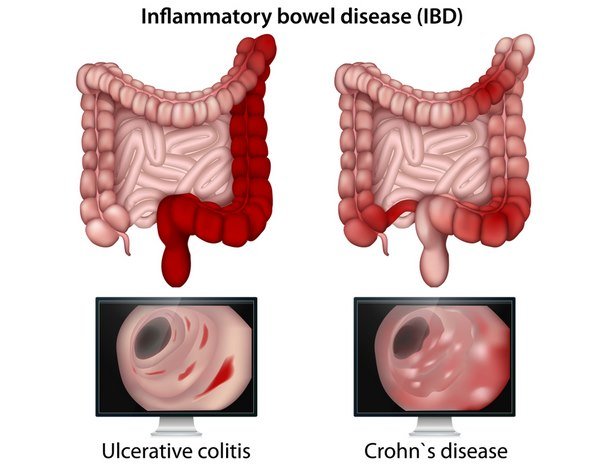Inflammatory bowel disease
Abdominal pain, usually chronic in nature, is a common symptom of inflammatory bowel disease (a collective term used for Crohn’s disease and ulcerative colitis). Pain in this condition may arise from different mechanisms, including gut distention and partial blockage as well as intestinal inflammation. A significant percentage of patients with inflammatory bowel disease continue experiencing pain and associated symptoms despite resolving inflammation and other underlying causes. Current evidence from various studies and clinical trails suggests that sensitization of sensory pathways during inflammation cause persistent changes in brain and spinal cord that leads to the development of chronic pain syndrome.
Surgery
Studies have revealed that more than a fourth of patients attending pain clinics cite surgery or similar body trauma as the root cause for their chronic pain. Interestingly, the problem is not limited to major surgical interventions; even minor procedures such as hernia repair and appendicitis have a significant risk of chronic pain.
Following surgical trauma and nerve injury, changes in the central nervous system can contribute to the development of persistent pain. Pharmacological medications that interrupt the pain mechanisms in the CNS may help reduce the incidence of chronic pain syndrome.

